Long before the junta’s February 1 coup, the Rohingya crisis was making headlines in the international media. Today, the issue is still grabbing attention worldwide with hundreds of thousands of Rohingya, the stateless Muslim minority from Rakhine State in western Myanmar, in refugee camps in Bangladesh waiting to be repatriated to Myanmar.
Myanmar is facing a lawsuit for the alleged genocide of the Rohingya at the International Court of Justice. To make matters worse, old and new Muslim armed groups are active at the border with Bangladesh again, including the Arakan Rohingya Salvation Army (ARSA), the Rohingya Solidarity Organization (RSO) and the armed group led by Abdullah Kane that operates like a criminal gang.
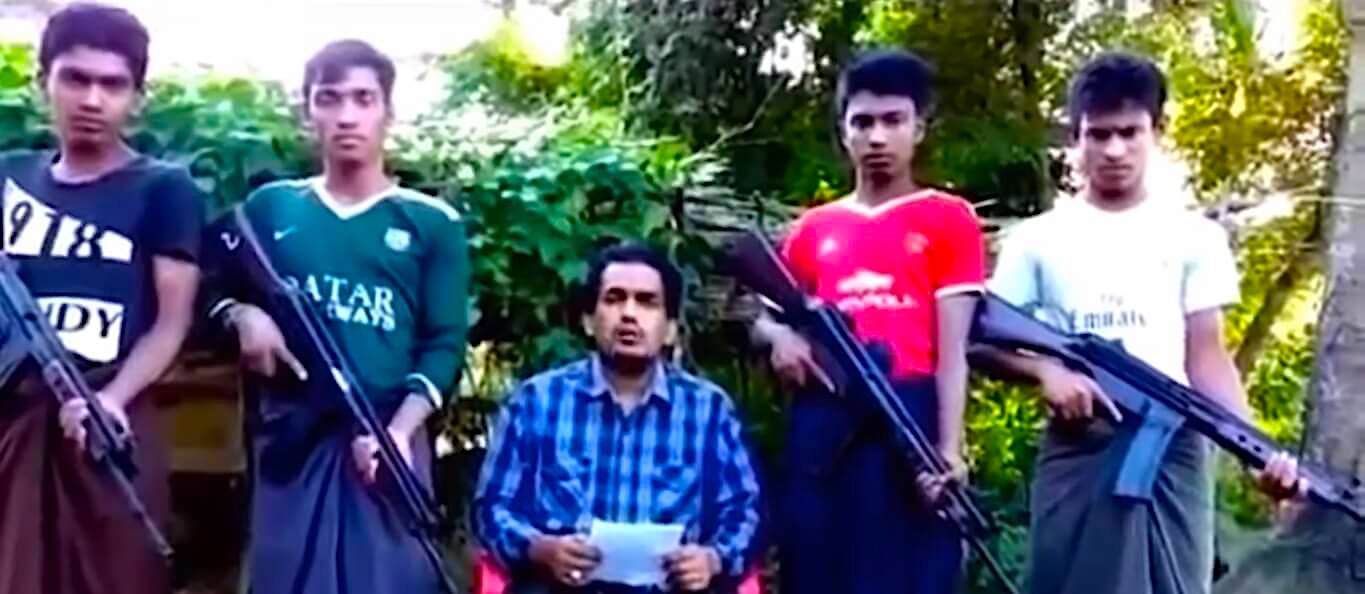
The RSO was established in the early 1980s and has frequently attacked security outposts in Maungdaw Township on the Myanmar-Bangladesh border, according to historical records.
In the 1990s, Myanmar’s military carried out a large-scale counter offensive against the RSO and the armed group sank into obscurity. However, since the coup, the RSO has started to revive.
In June, a man claiming to be Major Kyaw Myint Tun from the RSO, clad in uniform and with a holstered pistol, shared a video on social media in which he said in Burmese that the armed group would fight the regime for the rights of Rohingya people. The video also shows RSO fighters undergoing military training.
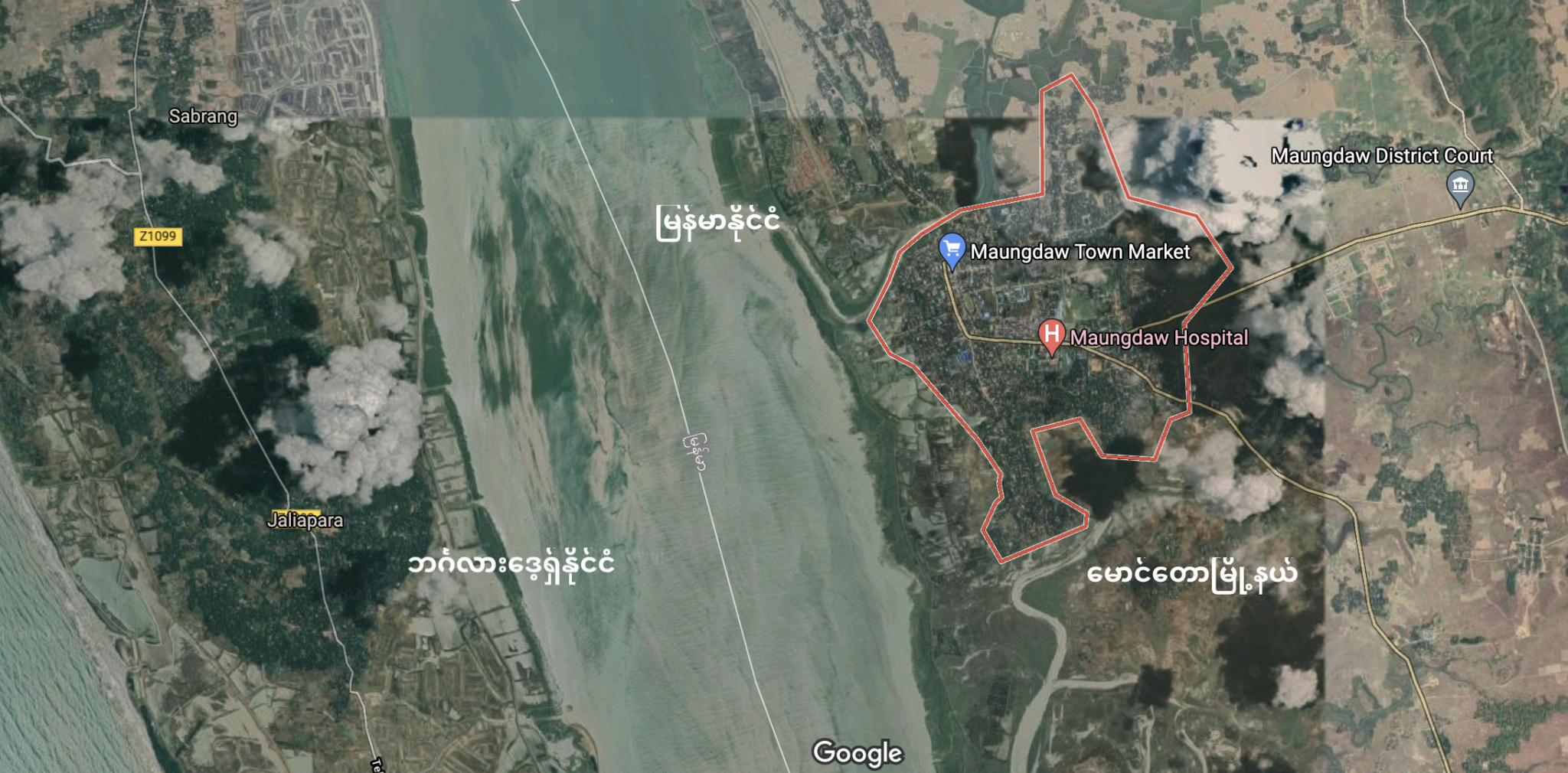
The RSO’s resurgence has led to friction with the ARSA, which came into the spotlight following its attacks on border guard outposts in Maungdaw in 2016 and 2017. The ARSA said it was fighting for the rights of persecuted Rohingya people, but its insurgent acts and killings of Hindus have brought its motives into question.
Muslim villagers in Rakhine State told The Irrawaddy that people who supported the ARSA have been attacked by the RSO, while the ARSA has detained and beaten those it suspects of having ties to the RSO.
On Sept. 2, a village administrator in Pan Taw Pyin Village in Maungdaw was shot dead in what appeared to be an armed robbery. Two men at the administrator’s house were stabbed and seriously wounded.
Villagers said that there is a checkpoint run by border guard police near the village, and that junta soldiers were also staying at the village school that day.
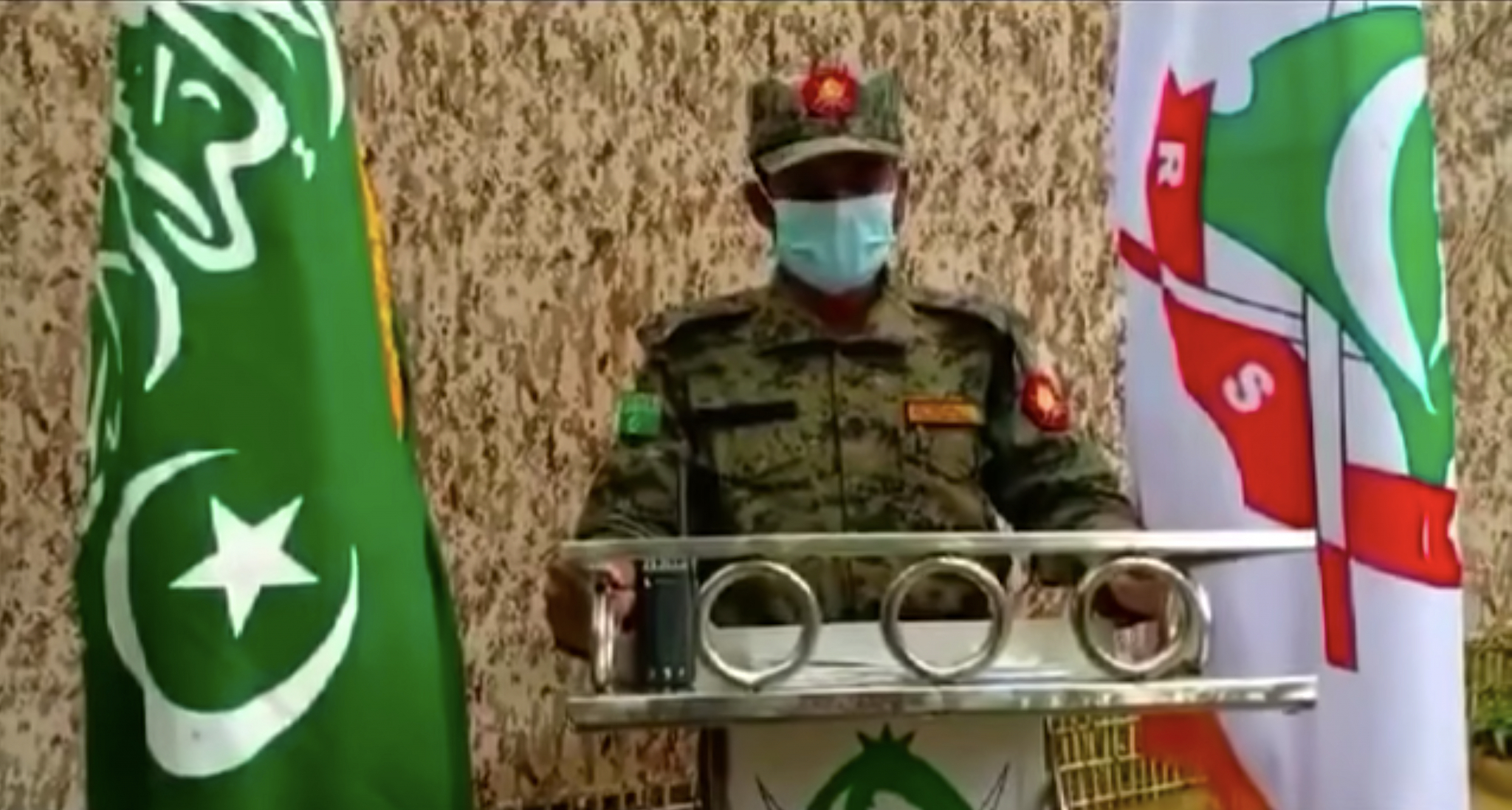
The fact that the military regime is still unable to identify the perpetrators of the attack highlights the lack of security in Maungdaw. On September 9, the Rohingya Nationalist Organization (RNO), a Muslim group based in Kutupalong refugee camp in Bangladesh, said that the murder and armed robbery was committed by the armed group led by Abdullah Kane.
The group was also responsible for kidnapping and robbing the Padin Village administrator in August, as well as a furniture business owner and a former village administrator in May, said the RNO, which also accused the gang of other similar crimes.
In its statement, the RNO, also urged the Arakan Army (AA) to crush Abdullah Kane’s gang. Abdullah Kane, 55, was born in a village in southern Maungdaw, and is believed to have hideouts in Muslim villages and the Mayu Mountains in Rakhine.
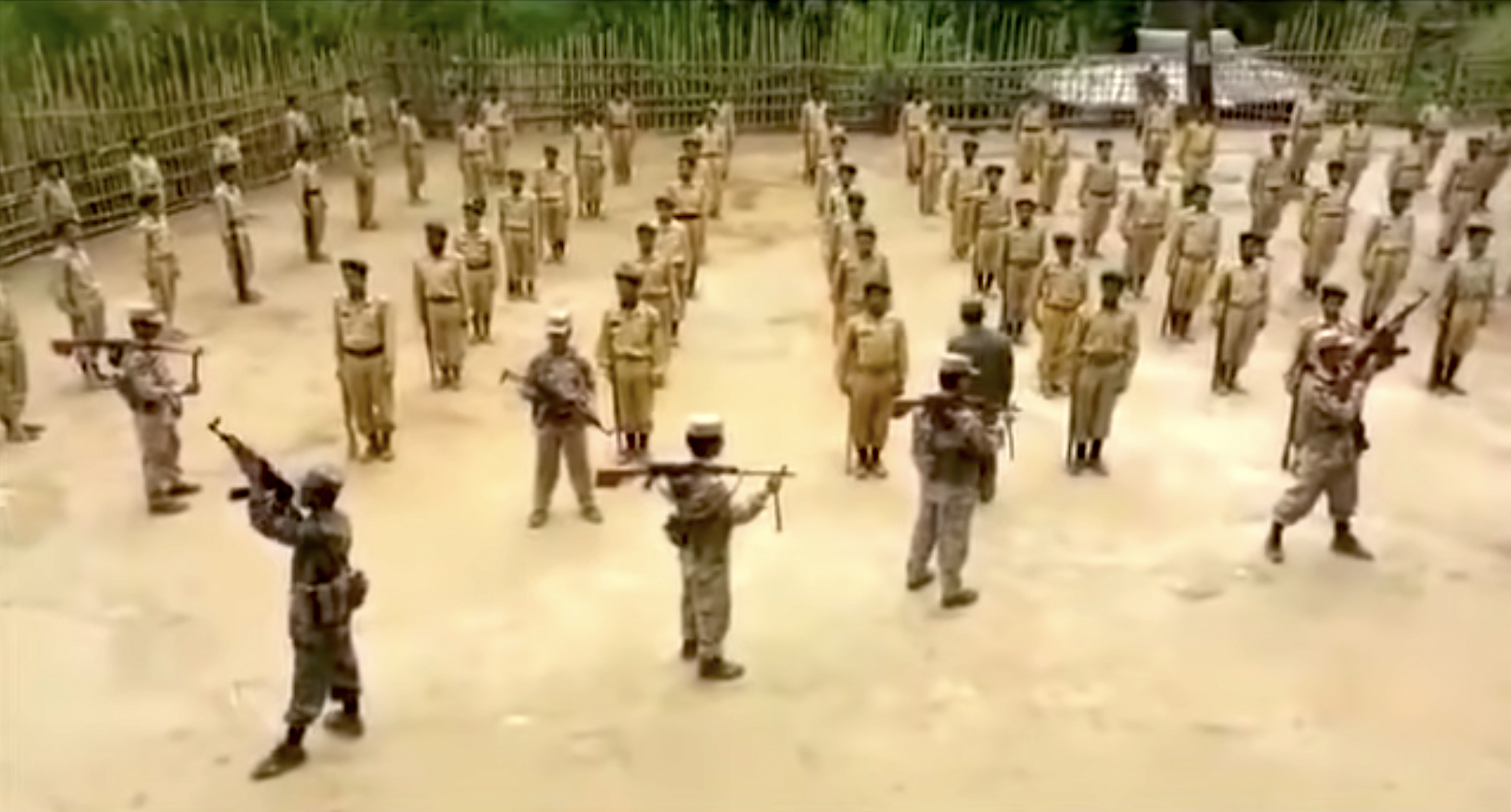
A man who claims to be Abdullah Kane said in a video recently circulated on social media that he grew up being oppressed by the party cadres of his village during the rule of the Burma Socialist Programme Party led by the late dictator Ne Win. He added that he escaped from prison after he was unfairly arrested by village authorities and military intelligence during the previous junta’s rule. He warned that he would give ‘lessons’ to any Muslim administrators and businessmen who cooperate with the authorities.
It is an interesting fact that Abdullah Kane is still at large, despite the activities of the junta-controlled border guard force in Rakhine and the AA, which has been able to extend its influence over most of northern Rakhine State since the coup. His gang has also been able to operate without being confronted by either the ARSA or the RSO.
Locals said that Abdullah Kane was twice captured by authorities but then released, suggesting that he may have ties with the border guard police in Rakhine. Some locals have said that some of the murders and robberies his group is accused of were carried out by drug gangs in Maungdaw, but that Abdullah Kane has got the blame because of his previous activities.
There have been attempts by the AA to apprehend Abdullah Kane, but they appear not to have been serious efforts because Abdullah Kane has targeted only his fellow Muslims and has not touched ethnic Rakhine villages, said a Rakhine source who is close to the AA.
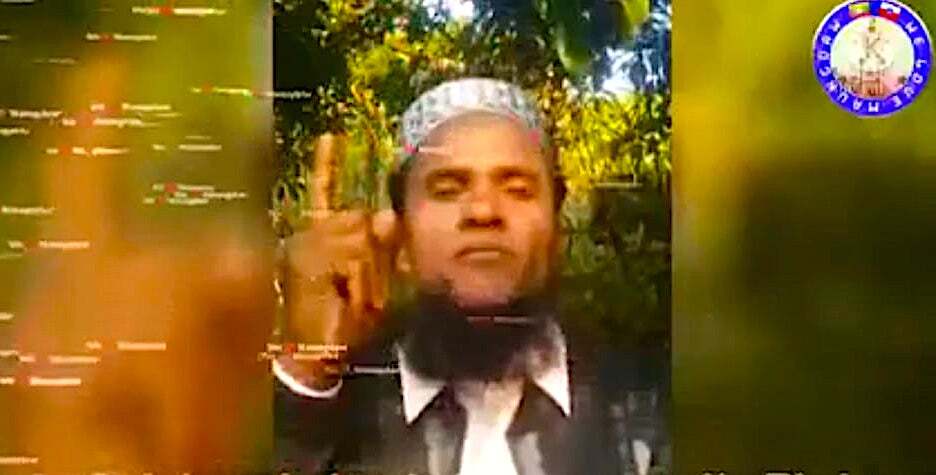
After agreeing an unofficial ceasefire with the Myanmar military last November, the AA has established its authority in Rakhine, implementing its own administrative and judicial systems. Muslim villagers have been included in the AA’s administrative mechanism, said observers.
There are also Muslim militia groups, tasked with law enforcement, in parts of northern Rakhine that have been trained and armed by the AA. But there is no such group in Maungdaw Township, where border guard police stations are concentrated in northern Rakhine.
When the AA and Myanmar military were clashing, the fighting took place mostly in Rathedaung and Buthidaung townships, and barely touched Maungdaw.
Muslim armed groups have been infiltrating into Maungdaw from Bangladesh, according to observers, where they are out of the reach of both Myanmar’s border guard forces and the AA.
You may also like these stories:
Myanmar Regime Soldiers Kill Christian Pastor, Cut Ring From His Hand
Regime’s Military Reinforcements Arrive in Upper Myanmar as Clashes Escalate

















